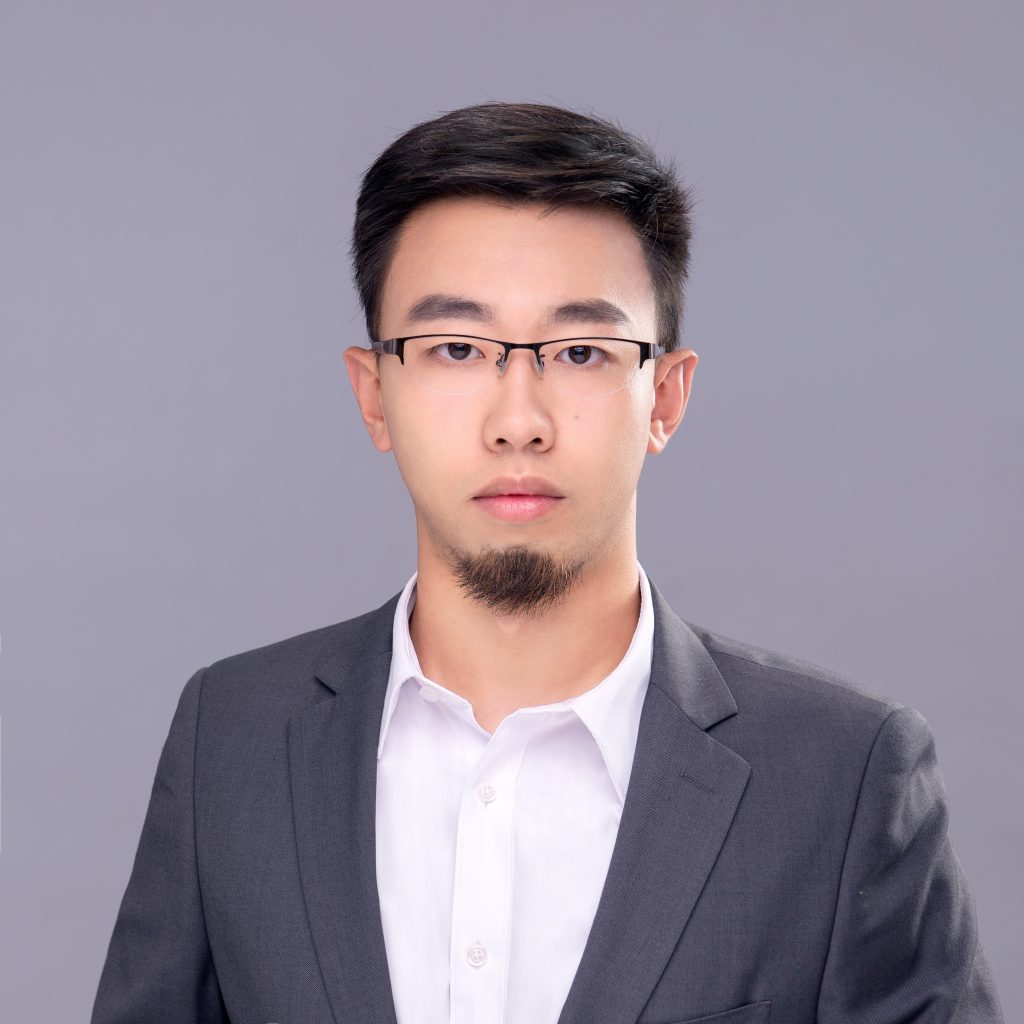March 25, 2024
1:30 pm
Venue
Latrobe 120
Title: Next-Generation Power Conversion for a Sustainable and Net-Zero Society: From Topology Research to System Integration
Abstract: The transition from a fossil fuel-dependent energy system to a net-zero-CO2 all-electric system hinges on extensive expansion of the electric grid infrastructure, along with the widespread deployment of power electronic converters and energy storage systems. Nevertheless, considering a standard 20-year lifespan, converter systems currently being installed will require replacement as early as 2050. With the anticipated magnitude of the future Internet of Energy, the maintenance or replacement activities may eventually confront the depletion of limited raw materials and give rise to significant waste generation, thereby posing substantial environmental challenges. Therefore, next-generation power electronics, on one hand, will strive to deliver larger amounts of power with higher conversion efficiencies, lower functional volume / higher power densities, and extended lifetime while also meeting increasingly stringent power quality requirements. On the other hand, there is an urgent need for the development of sustainable power electronics in order to minimize environmental impact throughout the entire lifecycle, from resource extraction to production, operation, and disposal, as well as to develop effective reuse and recycling strategies to reduce electronic waste.
This seminar will first discuss the fundamental importance of power electronics in the decarbonization and/or defossilization of the global energy system, as well as the key factors driving the advancement of modern power electronics. Next, three selected past research topics will be covered: Novel bidirectional EV chargers with a very wide output range of 200V to 1000V; Cryogenic power electronic supply of cryo-cooled high-temperature superconducting (HTS) magnet systems for future circular collider (FCC); Advanced topology and modulation schemes for industrial motor drive systems. This seminar will end by discussing potential research areas in power electronics, including topology research, design methodologies, and system integration, which aims to provide viable solutions and produce tangible results towards a sustainable and net-zero society.
Bio: Dr. Daifei Zhang received his B.Sc. degree (2017) in Electrical Engineering and Automation from Huazhong University of Science and Technology (HUST), followed by the M.Sc. (2019 with distinction) and Ph.D. degrees (2023, advised by Prof. Johann Kolar) in Electrical Engineering and Information Technology from ETH Zurich. In 2017, Dr. Zhang was an exchange student for bachelor thesis at the Institute for Power Generation and Storage Systems at RWTH Aachen, Germany. Since July 2023, he is a postdoctoral researcher at PES, ETH Zurich. His research interests include advanced three-phase power electronics inverters and rectifiers, cryogenic power electronics, and design methodology for sustainable power electronics. Dr. Zhang is the recipient of the best paper award in IEEE 22nd Workshop on Control and Modelling of Power Electronics (COMPEL), the outstanding graduates award from HUST, several international conference travelling grants for outstanding student papers.
